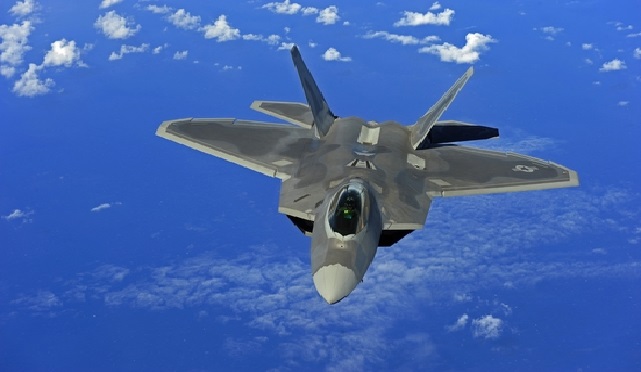By Mel Gurtov
Recently the Obama administration announced another military aid-package for Pakistan: eight F-16 fighter jets. Once again considerations of human rights and democratic values have been sacrificed to strategic calculations. Recall, the robust figures for US military assistance to Pakistan: more than $20 billion in weapons, training, and other activities between FY2002 and FY2015, making Pakistan the 16th ranking recipient of US arms. And that amount does not include drone strikes.
The contrast between Obama the engager and Obama the warrior is striking. US arms exports to authoritarian regimes such as Pakistan’s, just one element of military aid, continue to rise even as we celebrate the President’s initiatives with Iran and Cuba. From 2009 to 2014, I count $12.5 billion in arms exports to eight other authoritarian regimes: Afghanistan, the Democratic Republic of Congo, Egypt, Equatorial Guinea, Iraq, Kazakhstan, Pakistan, Saudi Arabia, and Turkey. That figure is nearly a quarter of all US military exports in those years, which total $50.7 billion.
There is no evidence that those weapons, or military assistance as a whole, have moved authoritarian governments toward greater respect for human rights, social justice, accountable government, or environmental protection. Even their support of US policy on terrorism has been tentative, and in Pakistan’s case, two-faced, since its government accepts US drone strikes while its intelligence apparatus coddles al-Qaeda and the Taliban.
On the other hand, there is plenty of evidence that military aid has abetted repression, official corruption, and strong-arm rule. Pakistan has thumbed its nose at US aid even more, expanding its nuclear-weapon arsenal to more than 100an arsenal that heightens tension with India and, because it now consists of tactical nukes, is especially vulnerable to theft by terrorist groups. On top of that, we now have word that Pakistan has its own drones, probably built with Chinese help, adding to South Asia’s instability.
Needless to say, the US is not the only democracy on the arms export list; it merely tops it. Nine of the twelve arms-exporting countries are democracies, starting with Germany and ending with Sweden. So the next time we think about a liberal in the White House, or some other house, we might want to remember that it’s always a mixed blessing, and that while a liberal administration may pursue progressive policies domestically, it may act in the opposite direction internationally.
Footnote on Syria: I have been promoting the idea that a political settlement in Syria must have at least two elements if it is to have any chance of gaining Russia’s support: a place for Bashar al-Assad in a transition to a new, broad-based government, and the participation of Iran in crafting an agreement. Jimmy Carter weighed in with an excellent op-ed that says exactly the same thing I’ve been saying.
I have also presented the idea that positive fallout from the nuclear deal with Iran might be further US-Iran contact on Middle East issues, such as Syria. Until October 28, the Obama administration had not accepted either of these elements, but then it agreed to invite Iran to talks on Syria. And the ayatollah accepted, despite his repeated insistence that no further talks with the US would take place beyond the nuclear agreement. Iran’s participation is an important endorsement of the engagement strategy.
‘Courtesy Counterpunch’.








[…] favor with a country that is unreliable and unworthy of support. It’s the same argument for ditching Pakistan, another US partner that Washington consistently rewards with arms despite Pakistan’s awful […]
[…] favor with a country that is unreliable and unworthy of support. It’s the same argument for ditching Pakistan, another US partner that Washington consistently rewards with arms despite Pakistan’s awful […]